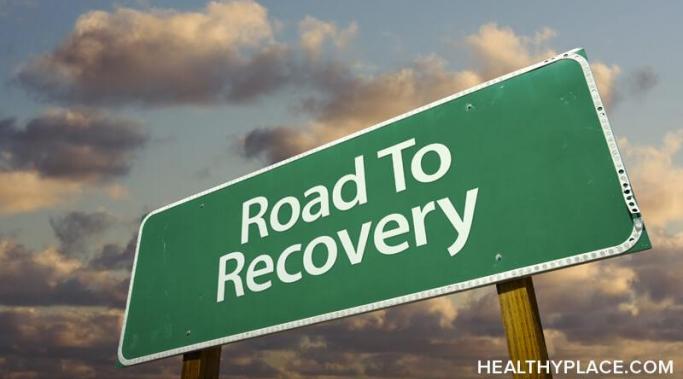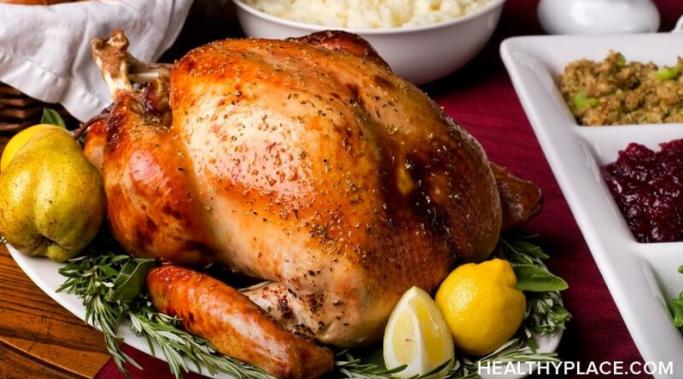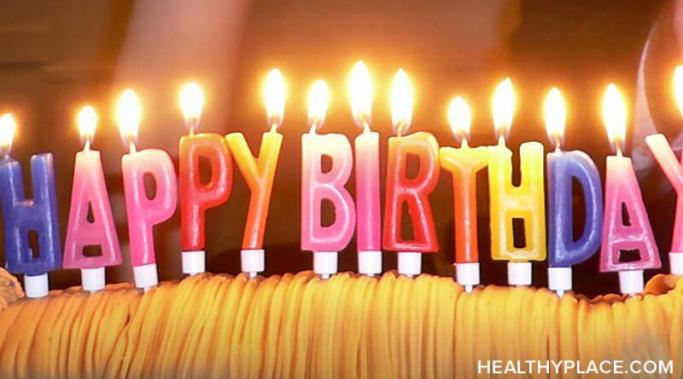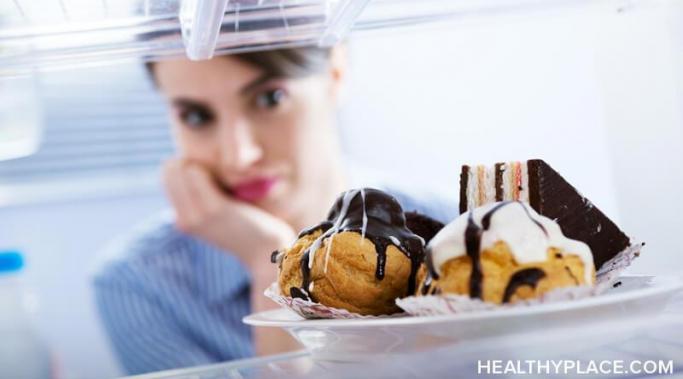I have used many coping mechanisms to help with eating disorder recovery, but one that I find particularly essential is a self-care toolkit for the holidays. I co-opted this idea back in high school from a teacher I was close to, and 10 years later, I still consider it beneficial. No matter where you are in eating disorder recovery, this season is often a mental and emotional battleground, so the importance of reliable coping mechanisms cannot be over-emphasized. Therefore, I want to discuss why I think a self-care toolkit is essential for the holidays—and how to create one yourself.
Holidays in Eating Disorder Recovery
If you deal with an eating disorder (ED), it's no secret that the holidays can lead to heightened stress—both for you and for those in your support network. However, when you take the time and effort to communicate your specific ED recovery needs to loved ones, it can reduce the tension and help you feel more at ease this holiday season. Not to mention, once friends or family members know what your ED recovery needs are, they will be able to offer the right kind of support, reassurance, encouragement, and accountability.
November is officially here, which means now is the time to create an eating disorder (ED) recovery action plan for the holidays. This season can be a minefield to navigate with an eating disorder, no matter where you're at in the healing process, so it's crucial to determine in advance how you will prioritize eating disorder recovery in the midst of whatever triggers you face these next couple of months.
Synonymous with gorging oneself on immense quantities of food and drink, for those of us in eating disorder recovery, Thanksgiving can be a stressful time. However, you don't have to suffer. There are some simple ways you can navigate Thanksgiving in eating disorder recovery, and they all involve one key strategy.
Celebrating your birthday in eating disorder recovery can be challenging. So many celebrations in life are riddled with expectations, and for those of us in any sort of recovery, the weight of these expectations can feel crippling.
Eating disorder resolutions for the new year should focus on health, not food, weight, or exercise. All too often in this culture, New Year's resolutions focus on those things. It's just another confirmation that society as a whole is image-obsessed to an unhealthy extreme.
It's official: The holiday season has arrived, and Thanksgiving is just around the corner which means that eating disorder (ED) survival tips are now more important than ever. This time of year is known for family traditions and cultural festivities, but it can also feel like a burden if you are in recovery from an eating disorder. Maybe there's a relative who points out the number of calories everyone is about to consume at the dinner table. Perhaps your well-intentioned grandmother hounds you to take seconds on dessert or the conversation detours to how "healthy" and "normal" your weight has started to look.
New Year's resolutions for eating disorder recovery can often feel like undue pressure to reach arbitrary benchmarks or perform to certain standards and expectations. But in some cases, New Year's resolutions can actually help with eating disorder recovery—if you are intentional and realistic about them.
The prevalence of food shaming rituals around the holiday season presents an absurd contradiction. This time of year is undeniably food-centric, and there are both positive and negative implications for that. I will first address the positives—a shared meal is enriching, communal, intimate, and nostalgic. The experience is social, the atmosphere is filled with connection, and the memories created at the table become cherished family traditions. But in many cases, eating seasonal foods like mashed potatoes, biscuits, turkey, and stuffing can punctuate the mealtime with guilt, remorse, or insecurity. And that's when food shaming comments or behaviors materialize. This ritual is often distressing for people who face issues with body image and disordered eating, so I want to examine why food shaming intensifies around the holiday season and how to mitigate its adverse effects.
Hope in eating disorder recovery is a vital key to success (Hope – the Foundation of Mental Health Recovery). Without hope, we have nothing to look forward to but a life tortured by our eating disordered voice and patterns. We have day after day of a cruel, incessant voice in our ears about what failures we are. Hope, even if just a sliver, is like a thin whisper of smoke over the mountains when you’re wandering alone in the forest. That smoke says, “If I can just make it there, over the mountain stretch, there’s a place waiting for me by the fire.” So how do we raise our heads and see the thin veil of smoke as we wander? How do we keep hold of hope in eating disorder recovery?









